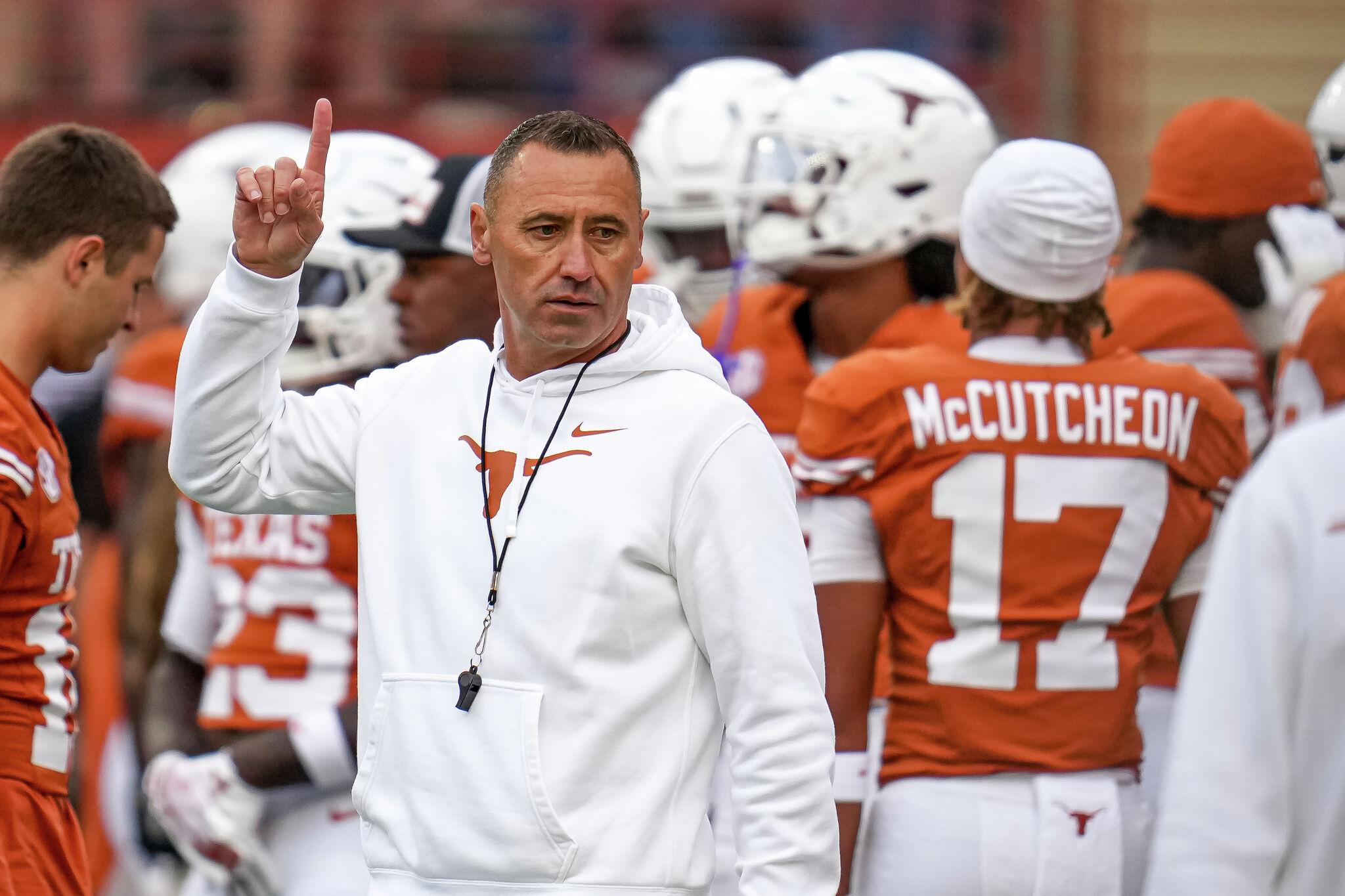RALEIGH, N.C. — Once upon a time, Duke openly admitted to having one of the worst football programs in the nation. However, significant changes have taken place over the years that warrant a fresh look at the program”s evolution.
In 2007, Louisville filed a lawsuit against Duke after the Blue Devils backed out of a scheduled game, citing their poor performance as justification. At that time, Duke had lost 62 of its previous 71 games, and its legal team argued that any opponent would be better than the Blue Devils themselves. A Kentucky judge sided with Duke in 2008, confirming just how dire the situation was for the football program.
Fast forward seventeen years, and the Blue Devils have transformed. With three successful coaching hires and substantial financial backing, Duke is now a competitive force in the state. The program stands a chance to play for the ACC title with four games remaining, following seasons that saw them achieve win totals of nine, eight, and nine.
Former head coach David Cutcliffe played a pivotal role in legitimizing the program, while the university invested heavily in its development. After Cutcliffe”s departure, Mike Elko took the reins and revitalized the team, with Manny Diaz continuing that momentum. The transition from Elko to Diaz has been seamless, exemplifying effective program management in the current football landscape.
This past weekend was notable for all three Triangle teams, with Duke securing a historic win at Clemson, their first since 1980, further illustrating the program”s resurgence. Meanwhile, North Carolina celebrated a significant victory over Syracuse, and Dave Doeren led N.C. State to one of the biggest wins of his career against Georgia Tech.
While Duke has achieved this consistency, its rivals have fluctuated between highs and lows. The credit for Duke”s rise can be attributed to two athletic directors, Kevin White and Nina King, whose strategic hires laid the foundation for success, as well as generous boosters who have supported the program financially.
Cutcliffe was instrumental in this transformation, taking over the program in 2007, prior to the lawsuit victory, and turning it from a laughingstock into a legitimate ACC contender. Although Duke faced challenges during the latter part of his tenure, the lessons learned led to investments that allowed Elko to reboot the program successfully.
Now, under Diaz”s leadership, Duke finds itself among five one-loss teams vying for the ACC title, with opportunities to secure their place in the Charlotte conversation, despite setbacks against Illinois, Tulane, and Georgia Tech.
While similar programs like Northwestern and Stanford have struggled to maintain their successes, Duke has demonstrated remarkable consistency, setting it apart from its Triangle counterparts. What was once a shocking development is now just expected: Duke is no longer a surprise in the realm of college football.







